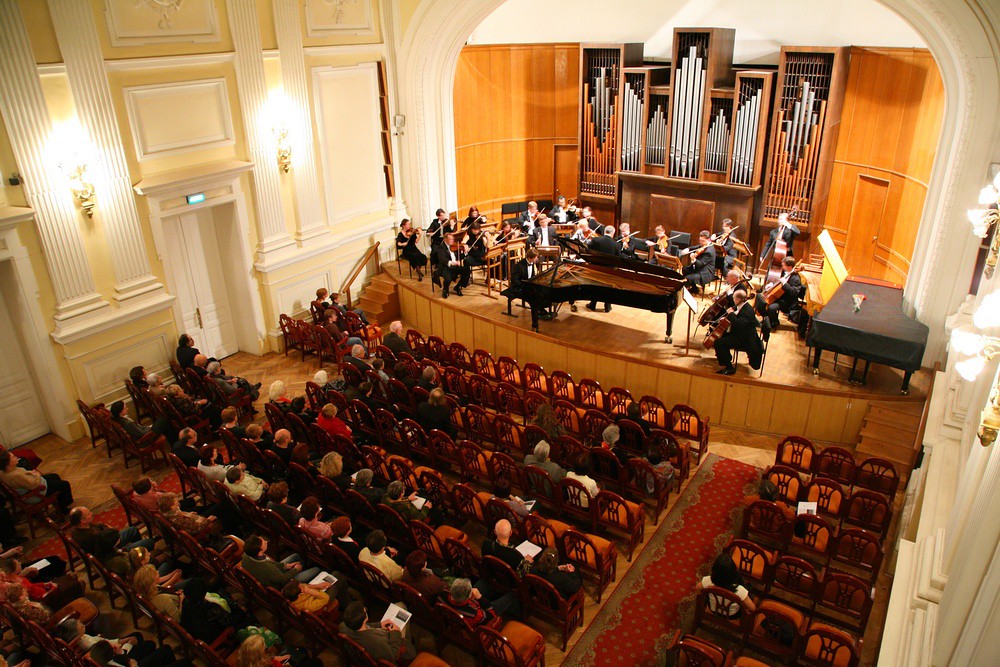 “Memorable concerts don’t merely deliver what’s expected; they also take audiences beyond what they can envision.”
“Memorable concerts don’t merely deliver what’s expected; they also take audiences beyond what they can envision.”
–The Musician’s Way, p. 211
Although we musicians devote years to refining our artistic and technical abilities, few of us study the processes involved in planning and presenting successful concerts.
As a result, many wonderful musicians, who might have enjoyed flourishing careers, seldom appear in public and earn little income when they do.
To help aspiring performers produce their own concerts and forge sustainable careers, I’ve developed a straightforward instructional framework, which I sum up here.
The Five C’s of Concert Planning and Production
1. Content
Develop irresistible concert programs that not only communicate your style but also motivate your target audiences to attend.
At the same time, plan your event so that you lower or remove audience attendance barriers.
2. Costs
Determine your costs and how you’ll meet them as well as what ticket prices your audiences will accept.
Consider funding some expenses via sources other than ticket sales such as grants and partnerships.
In reality, smart fundraising and wise partnerships can cover substantial portions of concert budgets, enabling musicians to present high-quality, remunerative events while minimizing attendance costs.
3. Culture
Will a concert be casual or formal, innovative or traditional?
Match the culture of an event to your genre, the venue, and the preferences of your target audiences.
“Smart fundraising and wise partnerships can cover substantial portions of concert budgets.”
4. Communication
Design a marketing plan that generates intrigue.
Low-cost communication strategies include distributing press releases, posting to free online event calendars, building excitement on social media, placing online ads, emailing, and more.
Craft insightful program notes, too, and post them online far in advance of performance dates to help attract prospective ticket buyers.
“Match the culture of an event to your genre, the venue, and the preferences of your target audiences.”
 5. Coordination
5. Coordination
Coordinate logistics in detail – rehearsals, equipment, transportation, venue rental, lighting & sound, ticketing, licensing, hiring, payments, and so forth. Ask for help with logistical matters that you know less about.
Also create an online production schedule, and share it with your collaborators – consider using a free project management tool such as Trello or Asana.
To organize your individual work, employ the likes of a preparation timeline and pre-performance inventory.
* * *
If you’re new to organizing concerts, make your initial events uncomplicated and relatively short in length, and seek out mentors for advice, getting feedback on your programming and presentation ideas. Then, test promising ideas on small audiences.
Once you’ve gained proof of concept, you can incrementally scale up to higher-impact events.
Contact me if you’d like help planning and producing successful concerts. See The Musician’s Way for guidelines to advance your musical and professional skills. Read reviews.
Related posts
3 Traits of Successful Concert Programs
Boost Income and Impact with Local Sponsorships
Design Thinking for Audience Development
Partnering with Non-Profits
© 2018 Gerald Klickstein
Photo licensed from Shutterstock

